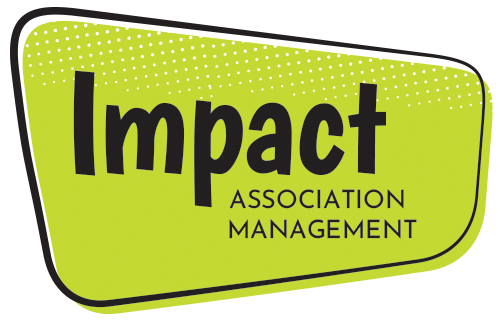By, Katie Floyd, Association Manager
Imagine this, you sit down at your computer to share an exciting announcement, help a member register for an event, or try to connect with a potential new member and notice that your email has been blocked. Now, instead of connecting with your board, members or potential members, your efforts have been derailed, leading you on a wild goose chase. It could take hours or even days to figure out what happened and regain control of your inbox or account.
It is imperative in today’s fast-paced, virtual world that we protect ourselves from becoming a victim of a cyber-attack. While it is easy to remember a simple password and use it across multiple platforms, you become an easy target for hackers/spambots to break into your inbox, database, or even bank accounts. And it goes without saying, if your email or database has been hacked, this cyber-attack not only affects your association but puts your contacts at risk of a cyber-attack, too.
Hackers will use alarming or “action required” emails to gain access to your account. Be on the lookout for these red flags:
Misspelling
Incorrect, missed, or added capitalization or punctuation
Grammatical errors
Odd use of language like “kindly maintenance your account” or “important: action requests”.
If you come across any red flags, you can verify the email’s authenticity by:
Checking the email address is from your domain or platform associated with the account in question, not just the name that is associated with the email.
Navigating to the platform’s website to speak/chat with a support agent to verify the email.
Below are three easy steps to safeguard your association and your virtual rolodex of contacts from cyber-attacks.
Set up Two-Step Verification or Multifactor Authentication
PRO TIP: Set up an email account with a phone service, like Gmail and Google Voice, to receive verification codes. This will prevent the need to track down the verification code sent to a personal email or number associated with the account.
2. Utilize a password manager like LastPass or a protected shared document on a secured platform like Box.
3. Reset passwords every three months and set a reminder for yourself to keep track
The effects of a cyber attack can be costly, but taking action to protect your information can reduce the risk to your association and its members. Learn how Impact’s team of association experts can help you plan for and prevent worst case scenarios and ensure the health of your association.

